|
The last time Rian Johnson made a sequel, the studio undid all the work he did on the story and reverted to the status quo in the next and final entry. The complete jumbling of plot in the Disney Star Wars trilogy, which had Johnson leading the pivotal and ultimately unfulfilled middle chapter, remains one of the biggest fumbles in recent big-budget filmmaking, and Johnson has learned his lesson with the creation of a new franchise, albeit one that only retains tone and a central character for this and presumably many other adventures to come. A sequel to 2019’s smash hit Knives Out, Glass Onion brings southern detective Benoit Blanc (Daniel Craig) back for another murder mystery, and though new producer Netflix bungled the release strategy, Johnson is free to do whatever he wants on the production side. The result is a sequel that improves on the original, utilizing all the quirks and tropes of the genre to tell a story about wealth and hubris that smells contemporary but will stay evergreen thanks to a neverending supply of overconfident billionaires.
0 Comments
In John Patton Ford’s gritty crime drama Emily the Criminal, the titular character, played by Aubrey Plaza, is given the opportunity to describe her flailing economic status. One can imagine Ford turning over in his head exactly how much student debt she should have. The number arrived at is nothing to shirk at, but not so much that Emily should feel crushed by it. It’s manageable, or it would be if she could find something that paid better and if an employer could also overlook a youthful felony conviction. Emily the Criminal isn’t a class-based screed or a manipulative piece of poverty porn, but a complicated character study about the limited aspirations available to a person trapped by her earlier decisions. If the world wants to treat Emily like an untrustworthy person capable of little more than fraud and graft, then she’ll lean into it.
Martin Scorsese was all over 2019, from the release of his latest introspective masterpiece The Irishman to his editorial about the role of superhero movies on the cinematic landscape. His influence could be felt in films he had nothing to do with, with Joker borrowing wholesale from Taxi Driver and King of Comedy and Lorene Scafaria’s Hustlers imitating Scorsese’s delirious crime epics. Of these two homages, Hustlers is the more successful because it has Scorsese’s transgressive allure, that particular sensation of watching people do bad things and being snowed into hoping they get away with it. Scafaria’s scammers, with their targets of heavy-walleted Wall Streeters, are easy to root for as they drug and manipulate their way through post-recession New York.
After five years, Steve McQueen returns to cinema, not with another bracing historical drama or psychological gauntlet, but by trying his hand at genre filmmaking, specifically the tried-and-true heist. Unsurprisingly, based on the bravura work on display in films like Hunger and 12 Years a Slave, McQueen brings the same headiness and depth to Widows. There’s presumably no genre that the English director can’t excel at, especially when he’s gained the clout to assemble a cast that includes rising stars like Carrie Coon and established icons like Robert Duvall, both of which hang out around the double digits on the call sheet. Led by Viola Davis and written by Gillian Flynn, Widows’ pedigree considerably elevates it before the first shots, and McQueen wrings every last drop of potential from the premise and the assembled talent.
Capitalizing on two Hollywood trends at once, Ocean’s 8 both reboots a familiar property and gender-swaps its cast. With the former trend being a further capitalistic repackaging of art as commerce and the latter a progressive pitch to hopefully obscure the aforementioned grubbiness, Ocean’s 8 is slightly better than a previous attempt to thread this exact needle (Ghostbusters) but not anywhere good enough to justify the considerable talents of the actors involved. Director Gary Ross apes the directorial style of Steven Soderbergh’s male-led Oceans trilogy, film that I like just fine, but there’s something lost in translation from a director with vision to one doing an imitation. Too often, when it’s not a commercial or a promotional video, an imitation is what Ocean’s 8 feels like.
This viewer has not clicked with the films of David Lowery. His Terence Malick tribute Ain’t Them Bodies Saints was solid, but Pete’s Dragon felt like a missed opportunity and A Ghost Story was too abstract and indulgent for my tastes. The critical consensus on Lowery as an up-and-coming filmmaker keeps pushing me to give him one more chance, and it finally pays off in The Old Man and the Gun, a geriatric robbery drama that doubles, supposedly, as Robert Redford’s final film role. Whether Redford’s retirement sticks or not, what’s true is that Lowery hits with an elegiac swan song for his star and a film that would be a worthy end to a long and iconic career.
Yann Demange’s ’71 remains one of the decade’s best action thrillers, but the French director has a difficult time transferring that expertise from Troubles-era Northern Ireland to crack-era Detroit in White Boy Rick. As an adaptation of the life of Rick Wershe Jr (Richie Merritt), the youngest FBI informant ever, White Boy Rick only scratches the surface of its decaying urban environment. The film includes scenes of Rick and his friends getting into teenage hijinks, but because it’s set in Detroit, that means bounding through abandoned factories and stumbling onto rats’ nests. What does that kind of industrial dystopia do to an American living in the middle of the evidence of the lie of the American Dream? For that matter, Rick and his family seem to be the only white people left in Detroit, a detail the film doesn’t examine. Why did the Wershe’s stay when all the other white people left? Is this story only notable because Wershe is white?
With only four films over a 19 year period, Lynne Ramsay is tragically not a prolific filmmaker. Her stylish direction and singularly difficult protagonists mark her as a notable talent, with each film better than the last. After the bracing psychological horror of We Need to Talk About Kevin, Ramsay finally returns to screens with the equally unsettling You Were Never Really Here. Led by Joaquin Phoenix, who’s adding another brilliant performance to his resume, the film moves quickly and packs a fierce punch, alternately thrilling and emotional and terrifying in its depiction of dark underbellies and psychic scars.
There is an emptiness creeping into the Transylvania University of American Animals. Despite taking place in 2004, when the country is in a spasm of patriotism and war, young men who might have earlier exhausted their grandiose energy in the military instead utilize it for fraternity parties and sexual conquests. Even that’s not enough for the quartet of privileged doofuses at the center of Bart Layton’s quasi-docudrama. Not content with the title of ‘did the longest keg stand,’ they instead decide to steal rare books from the library for no discernible reason other than the possibility that it can be done. This is the young-male version of Spring Breakers or Bling Ring, an ecstatic and nihilistic dirge tolling for the end of the species.
Exactly no one believed that prolific director Steven Soderbergh’s retirement from filmmaking would stick. Soderbergh took a few years to dabble in television, with exceptional results, and he finally returns to the big screen with Logan Lucky. His latest revisits the grand heists of Ocean’s 11, replacing the gawdy glitz of Las Vegas with the drawls of West Virginia. Soderbergh roars back to life as surely as the NASCAR vehicles featured in a film that retains the charm and humor of his other caper films while adding levels of earned sentimentality that his work has often been too cool to engage with.
|
Side PiecesRandom projects from the MMC Universe. Categories
All
Archives
April 2023
|
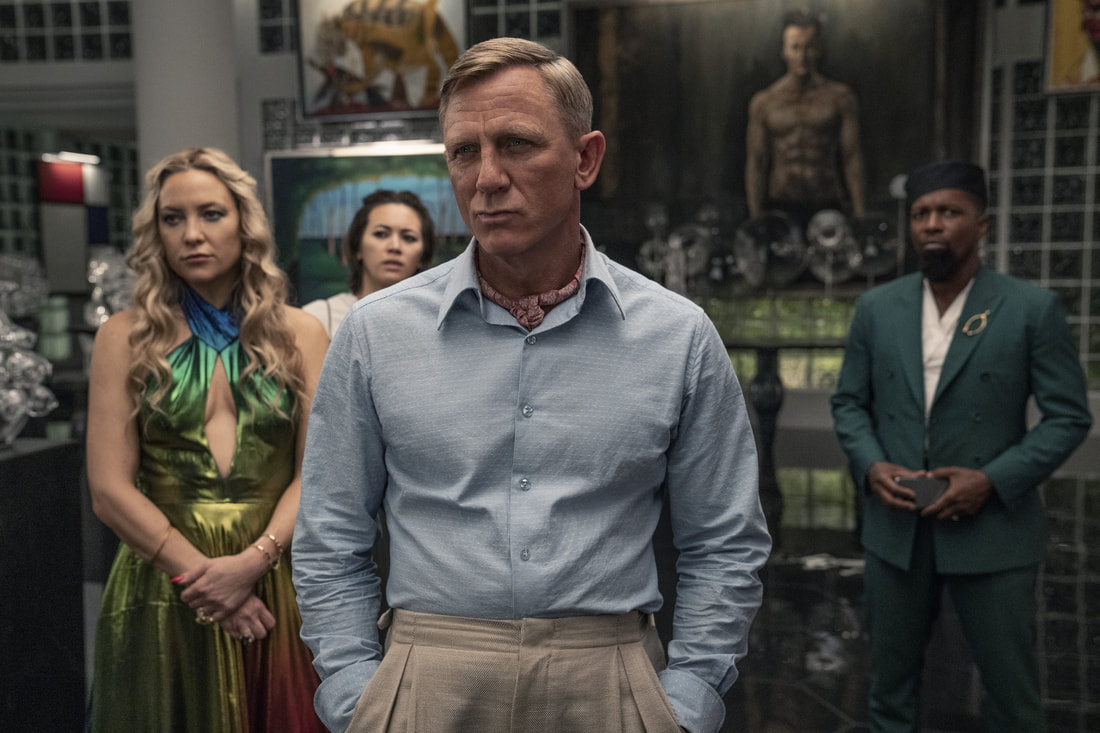


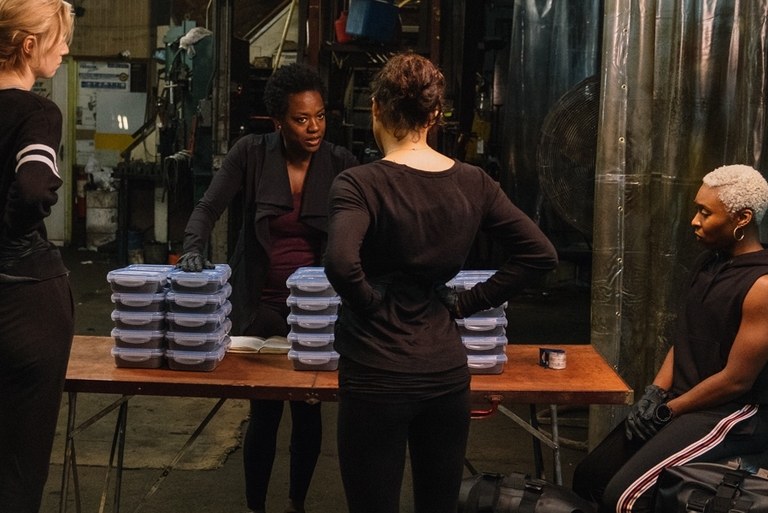
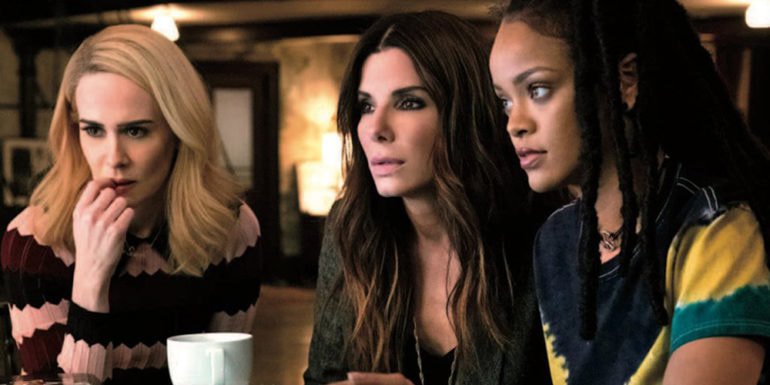
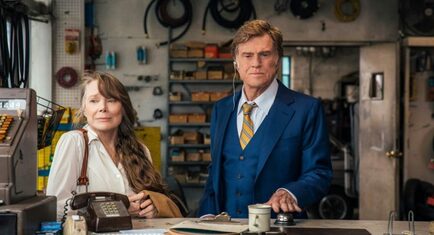
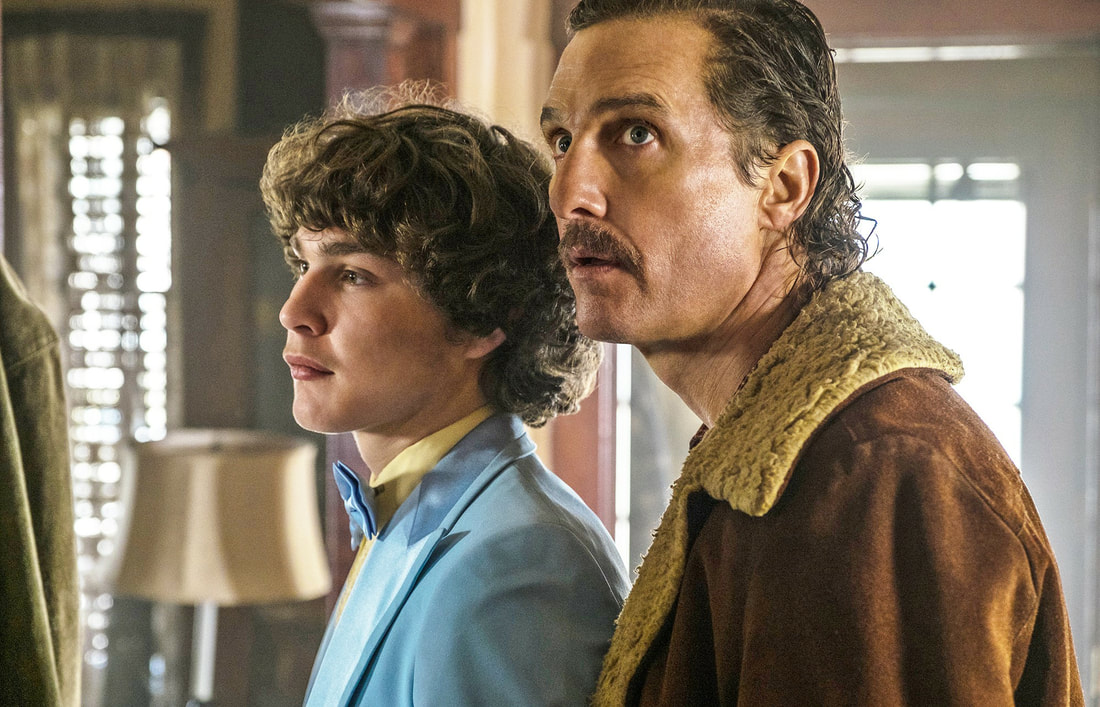
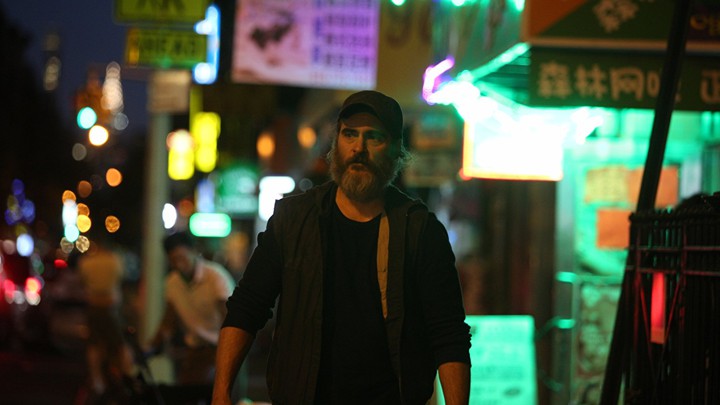
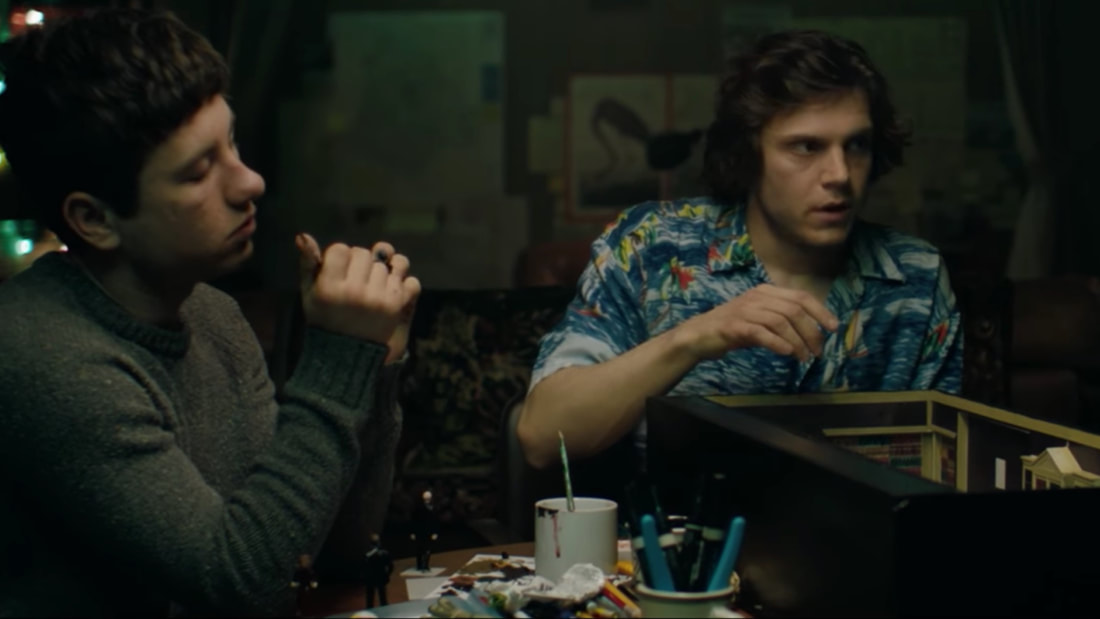

 RSS Feed
RSS Feed